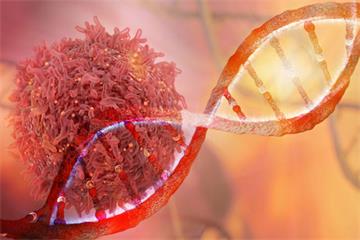Profiling entire cancer genome identifies new sub-groups of blood cancer

A study led by the University of Oxford as part of the UK's 100,000 Genomes Project has defined five new sub-groups of the most common type of blood cancer, chronic lymphocytic leukaemia (CLL), and associated them with clinical outcomes.
This new way of risk stratifying patients could lead to more personalised patient care.
This is the first study to analyse all the relevant changes in DNA across the entire cancer genome, rather than targeted regions, to classify patients with cancer and link these subgroups to clinical outcomes.
The study, published in the journal Nature Genetics, was led by Anna Schuh, Professor of Molecular Diagnostics at the University's Department of Oncology and Honorary Consultant Haematologist at Oxford University Hospitals. She said: "We know that cancer is fundamentally a disease caused by changes in DNA that are acquired over the lifetime of an individual.
"The lab tools we currently use to predict whether or not a patient is likely to respond to a given therapy usually focus on single abnormalities in the cancer DNA and do not accurately predict the patient's clinical outcome. This is why we asked the simple question: can we increase the precision of current testing by looking at all the acquired DNA changes in cancer at once?"
This study paves the way for routine clinical application of whole genome analyses for risk stratification in other types of cancer.
Find out more at the link below:
Pictured: DNA strand and cancer cell (Shutterstock)




























































